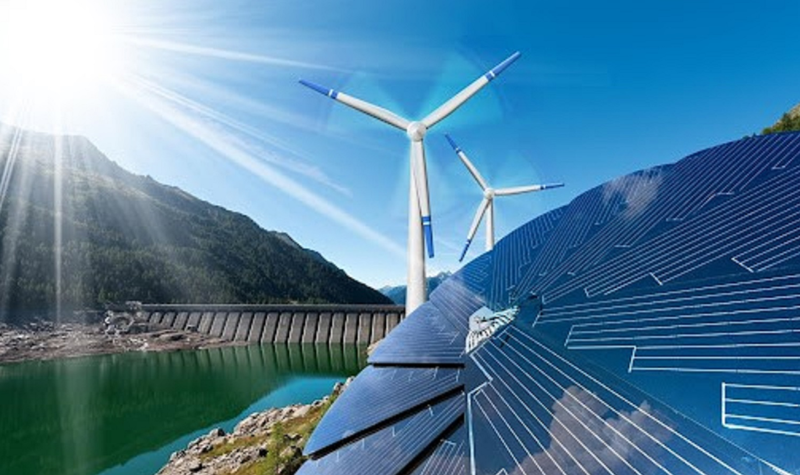Government representatives, development partners, and experts gathered together at an international workshop on May 26 to discuss measures to enhance cooperation, encourage knowledge transfer, and promote experience sharing in Vietnam’s just energy transition.
Co-hosted by the Ministry of Foreign Affairs and the United Nations Development Program (UNDP), the workshop brought together senior government representatives from the three countries with Just Energy Transition Partnerships (JETPs) - South Africa, Indonesia, and Vietnam - as well as representatives from seven other developing countries with a strong interest in energy transition.
The workshop also brought together representatives from the International Partners Group (IPG), the Glasgow Financial Alliance for Net Zero (GFANZ), development partners, key Vietnamese ministries and representatives from the country’s 63 cities and provinces, and other stakeholders, to promote dialogue and enhance understanding for an accelerated and sustainable just energy transition.
This high-level event sought to strengthen international coordination, in particular emphasizing South-South cooperation in the just energy transition. It also aimed to promote mutual understanding on finance between diverse stakeholders, including donors, financing entities, the private sector, and governments. The workshop also emphasized the importance of the “just” aspect of the energy transition, and ambitions to support energy transition efforts across nations while advancing national energy transition agendas and goals.
Addressing the imperative of limiting the global average temperature increase to 1.5oC above pre-industrial levels, as the Paris Agreement mandates, the workshop emphasized the need for innovative, equitable, and sustainable approaches to decarbonize economies and achieve climate and development objectives. The concept of a just energy transition is recognized as a catalyst for achieving the UN Sustainable Development Goals (SDGs), fostering job creation, enhancing access to clean energy, and building resilience.
To realize the just energy transition, developing countries require multi-faceted international support in the form of finance, technology, knowledge, and capacity building to effectively decarbonize their economies and establish low-carbon development pathways.
“Vietnam is one of the countries most affected by climate change, and is often hit by floods, drought, sea level rises, and extreme weather events,” said Deputy Minister of Foreign Affairs Do Hung Viet. “Its central development policy has always been to consistently build a green, circular, and eco-friendly economy. Though just energy transition will bring many benefits, it will also pose many difficulties and challenges for developing countries, including Vietnam. These challenges include ensuring socio-economic development; ensuring the interests of the State, the people, and businesses; and ensuring employment and incomes for workers suffering from job losses. Difficulties are also in terms of technology, capital, and capacity.”
“Just energy transition as well as the implementation of the JETP is new, and requires comprehensive transition in various sectors, fields, and levels,” he went on. “Therefore, it is extremely necessary to exchange and share experience between countries and to share knowledge from experts on issues related to energy. To ensure a successful transition, besides domestic efforts and resources, we really need multifaceted support from the international community.”









 Google translate
Google translate